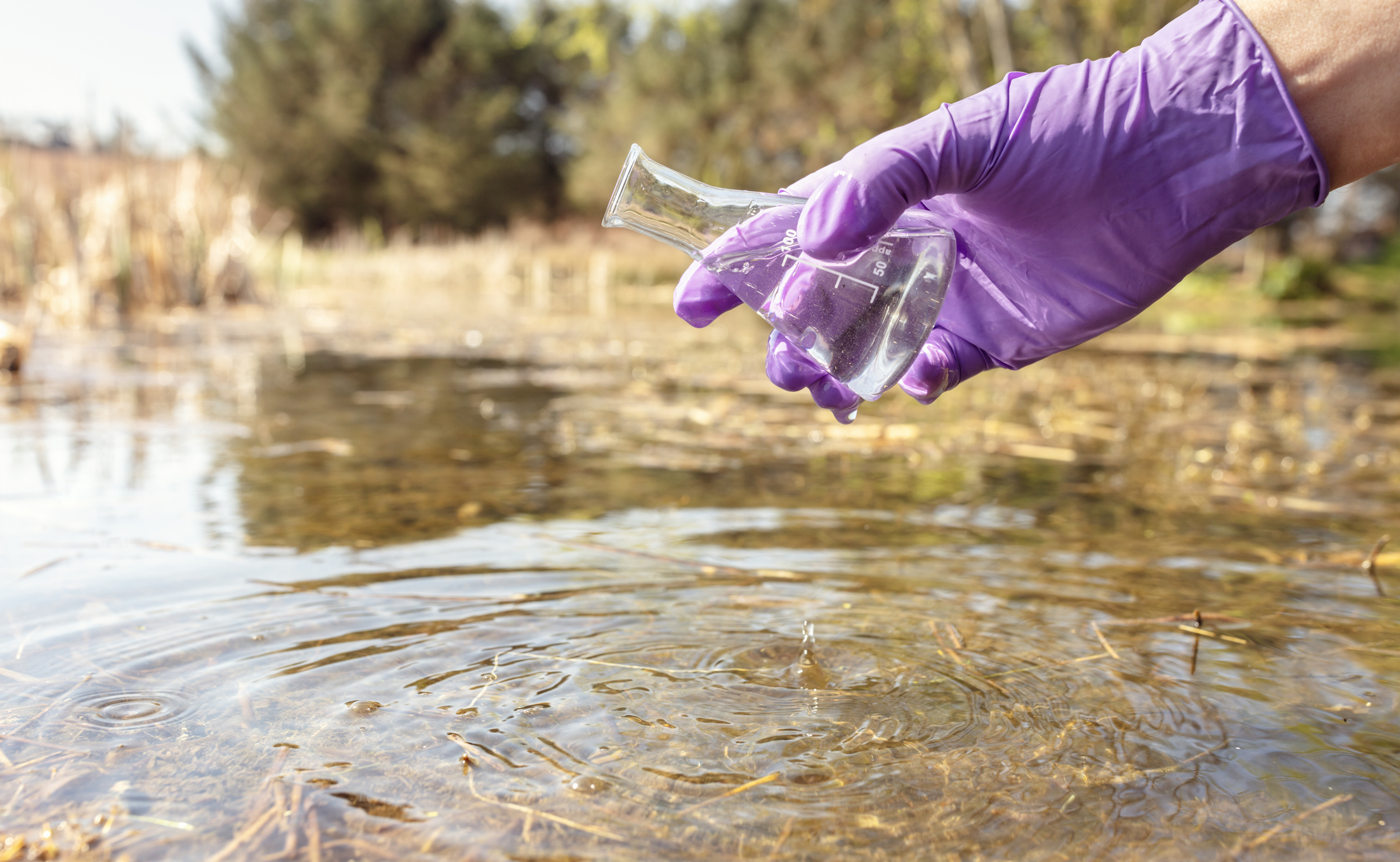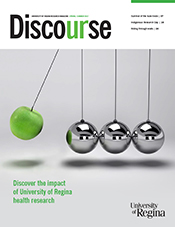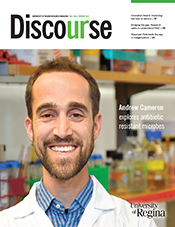The Canadian Energy Transition Hub will be a key part of Canada’s clean-energy solution.

Achieving net zero carbon emissions by 2050 will be no small feat. It will take significant expansion of low-carbon energy technologies that will require collaborations between researchers, government, industry, the public, and our communities.
To help meet Canada’s climate change goals, the University of Regina has launched their new Canadian Energy Transition Hub (CETH), a key part of the country’s clean-energy solution.
Residing within the University’s already-established Clean Energy Technologies Research Institute (CETRI), CETH is a partnership- and relationship-building hub that will connect government and industry with research.
“Our aim is to connect our energy transition researchers to our stakeholders,” says Hussam Ibrahim, University of Regina associate professor of engineering and director of CETRI.
Ibrahim explains that the Hub will focus on research areas such as carbon capture, utilization, and storage (CCUS), nuclear energy, hydrogen energy, and renewable energy.
“Our team will facilitate connections between the supply and demand sides of the energy transition equation,” says Ibrahim. “If you are in the energy industry and have an energy transition-related problem to solve or opportunity to pursue, then our Hub will connect you with researchers who have expertise across a wide spectrum of disciplines as well as the research infrastructure at the laboratory, pilot, and demonstration scale.”
Hub researcher and U of R geologist Janis Dale has been working on geothermal energy processes for decades.
“Armed with the knowledge from yesterday, our geothermal working group is expanding our expertise in harnessing geothermal potential with a working geothermal facility on campus that will serve as a living lab for research and training of future highly-qualified workers in the field.”
Dale adds that the team behind the geothermal demonstration project will help address specific industrial challenges, as well as champion and encourage the use of geothermal in Saskatchewan by exploring its potential to produce electrical energy and its applications as a direct-use source in heating air and water in commercial, industrial, and residential applications.
Ibrahim says that geothermal is just one example research area for which industry may reach out to the Hub.
“CETH operates on a project-by-project basis to ensure focused and results-driven outcomes,” says Ibrahim. “Our researchers will also be able to work with granting agencies to supplement project funding which has the potential to multiply the monetary support of a given project.”
Ibrahim adds that the U of R’s research will also assist industries that support coal, oil, and natural gas resources to meet greenhouse gas emissions targets.
“Our researchers are also making significant progress toward sustainably producing renewable fuels from biomass, natural gas, biogas, and organic wastes.”
University of Regina economist Brett Dolter is excited to be part of the Hub.
“My research looks at both the economics of renewable energy and also public support for these technologies,” explains Dolter.
Dolter says that he’s currently part of a project looking into the cost and feasibility of meeting the City of Regina’s renewable energy target of 100 per cent renewable energy by 2050. Some of Dolter’s research includes predicting the capacity for solar power in Regina, looking into the other generation sources that could help supplement sun power, and trying to determine if people generally support moving in this direction.
"The Canada Energy Transition Hub brings together researchers across disciplines. Together, we have combined to offer a one-stop shop for those looking for information on renewable energy and who want to collaborate to explore the potential these energy sources have here in Saskatchewan,” says Dolter.
Dolter says having researchers working together from different fields will create a thorough understanding of the future of renewable energy in Saskatchewan and across the country.

















